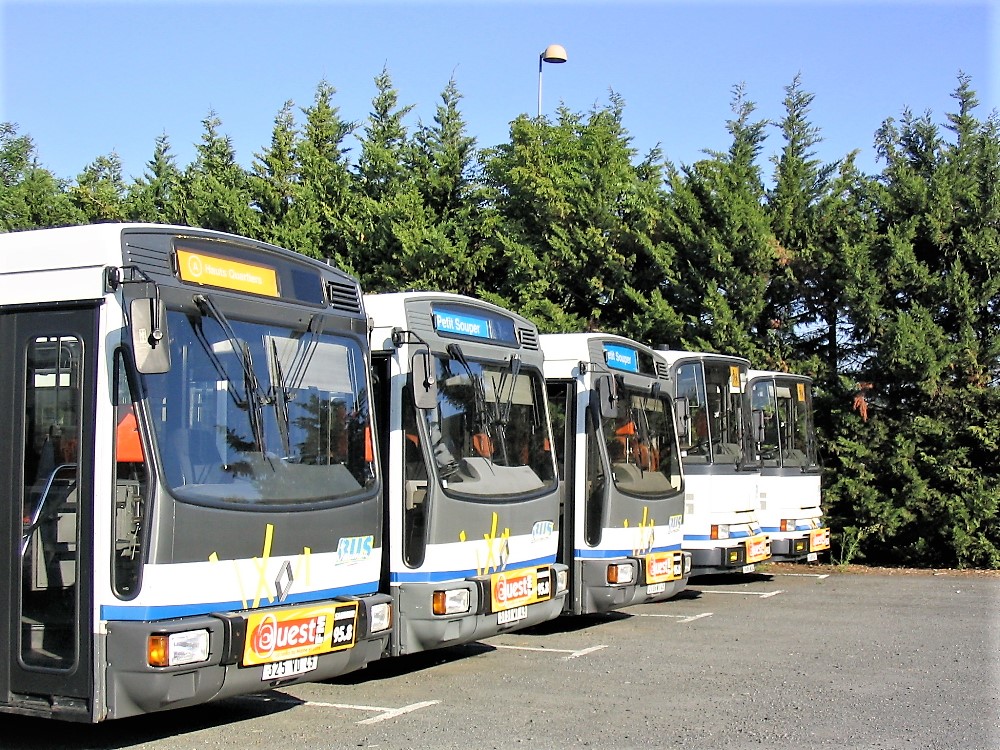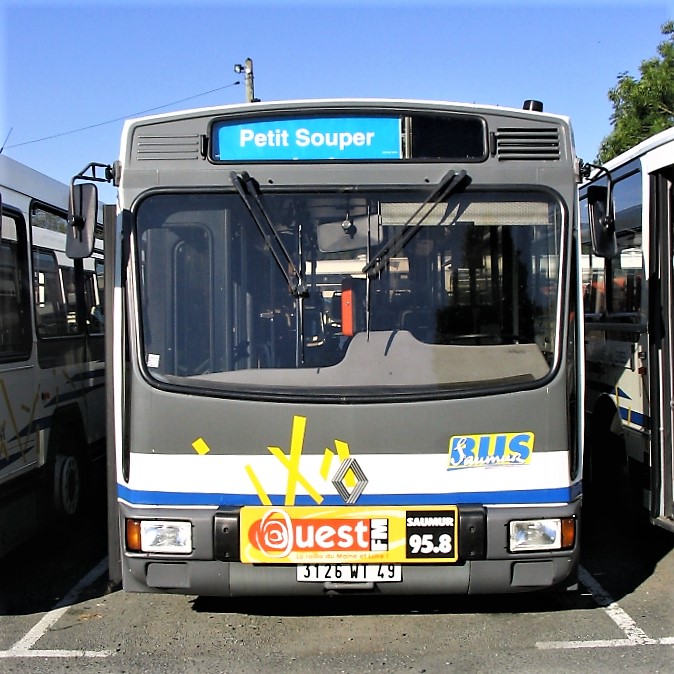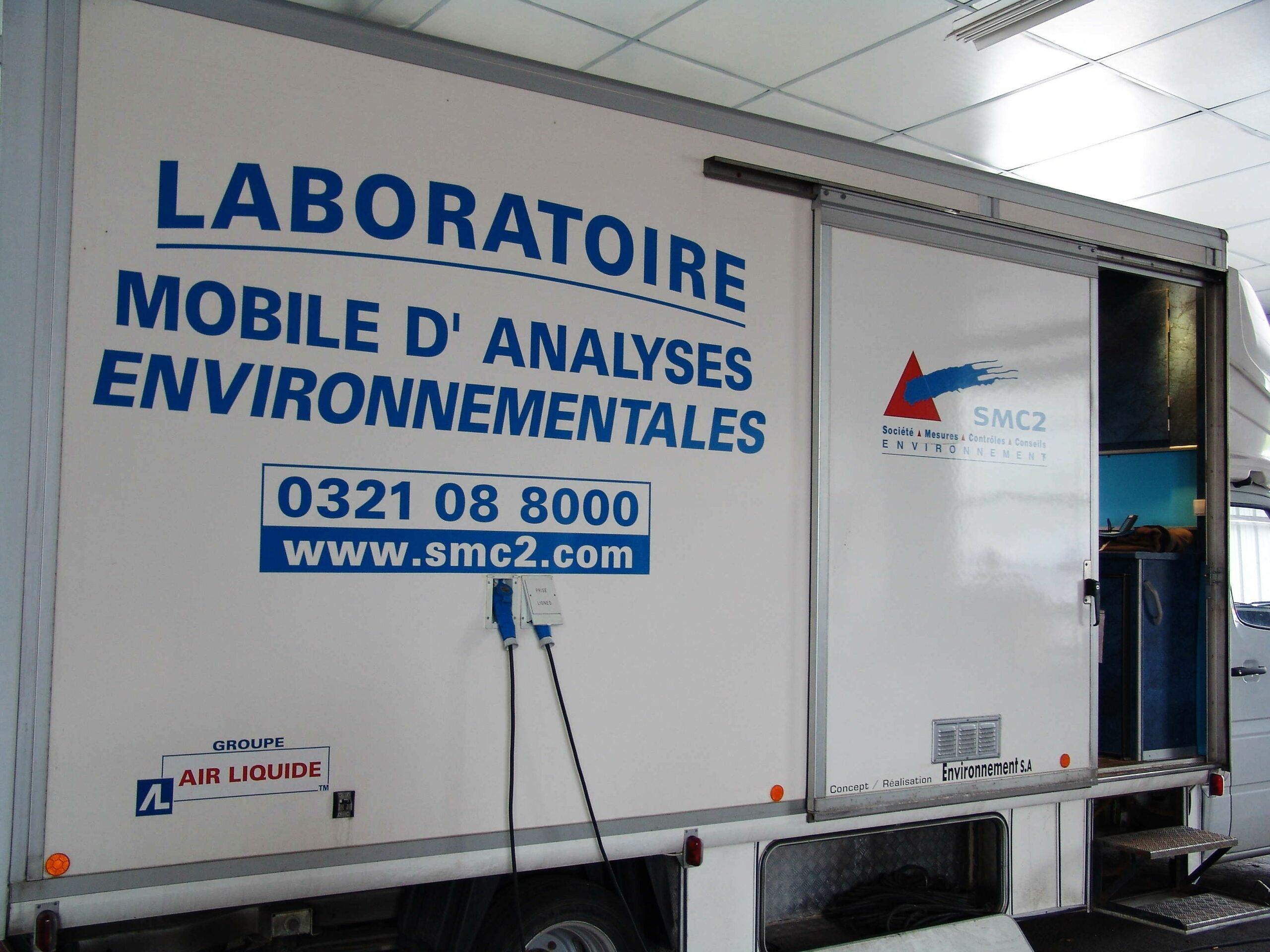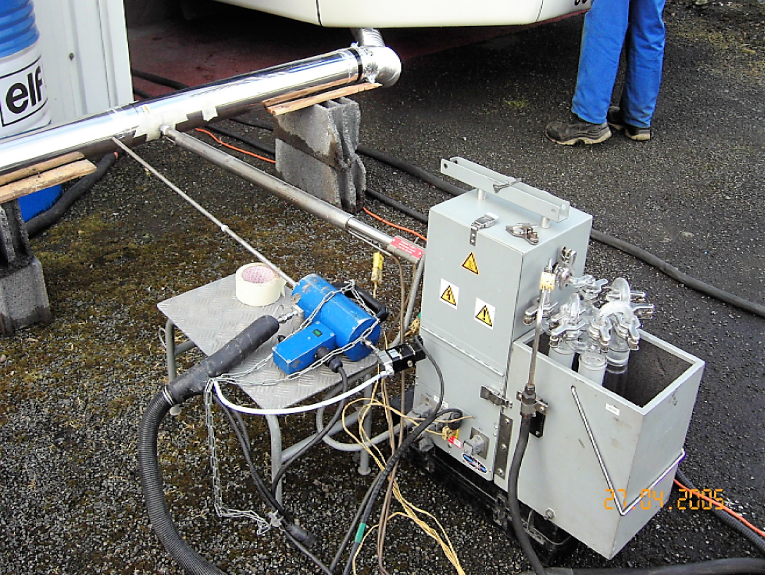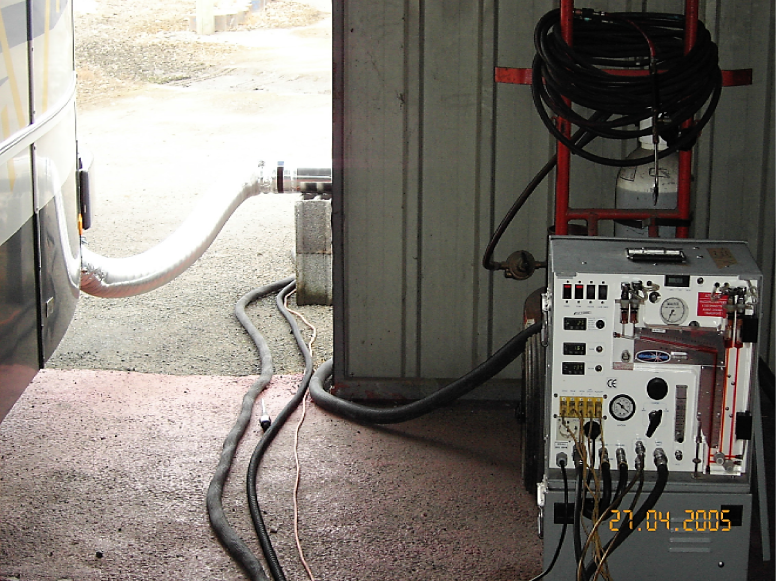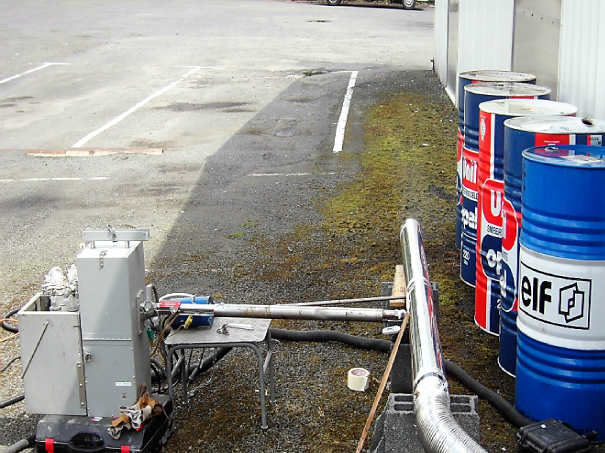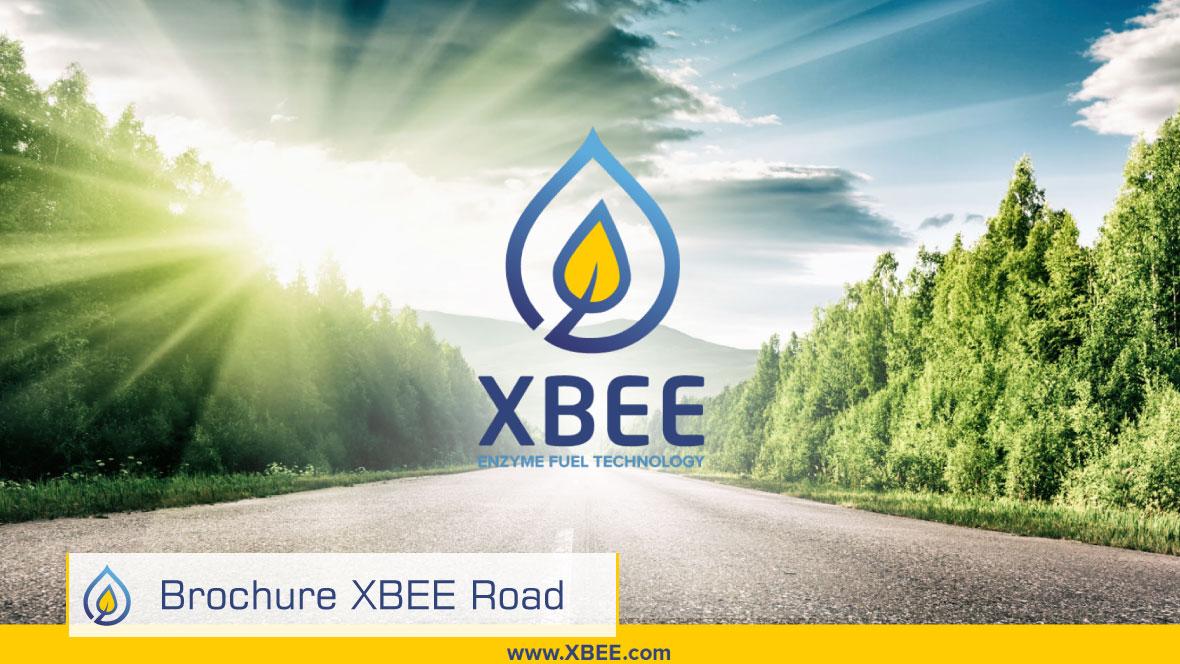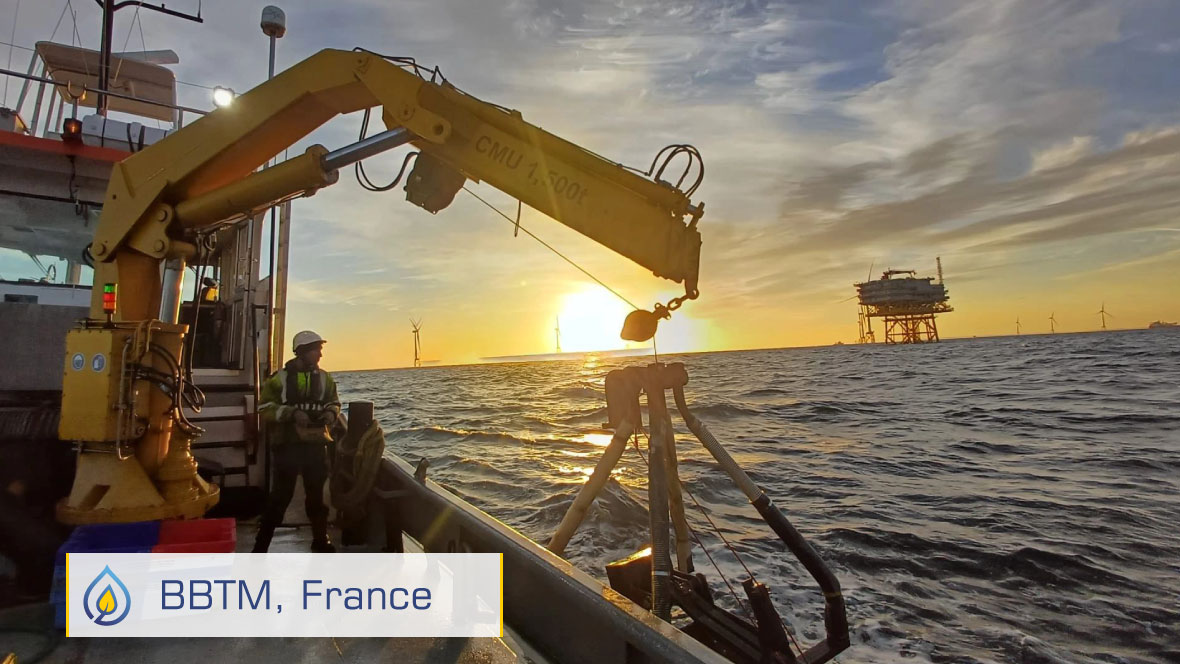Back in 2005, Veolia Transport was in charge of several public transport networks in France, including the company CTS that was responsible for the bus network in the city of Saumur, France.
In April 2005, XBEE commissioned the laboratory Ascal – SMC2, that later became affiliated to Eurofins. Ascal was accredited by Cofrac, which is the sole national accreditation body in France, in line with regulation 765/2008 of the European Parliament and Council.
Measurements have been carried out with regular diesel on April 27, 2005. Veolia Transport then started to treat their storage tank with XBEE Enzyme Fuel Technology at the advised ratio of 4,000:1. Several buses have been selected in order to assure repeatability and consistency in the results. On July 5, 2005 the laboratory repeated the measurements after two months of treatment with XBEE.



